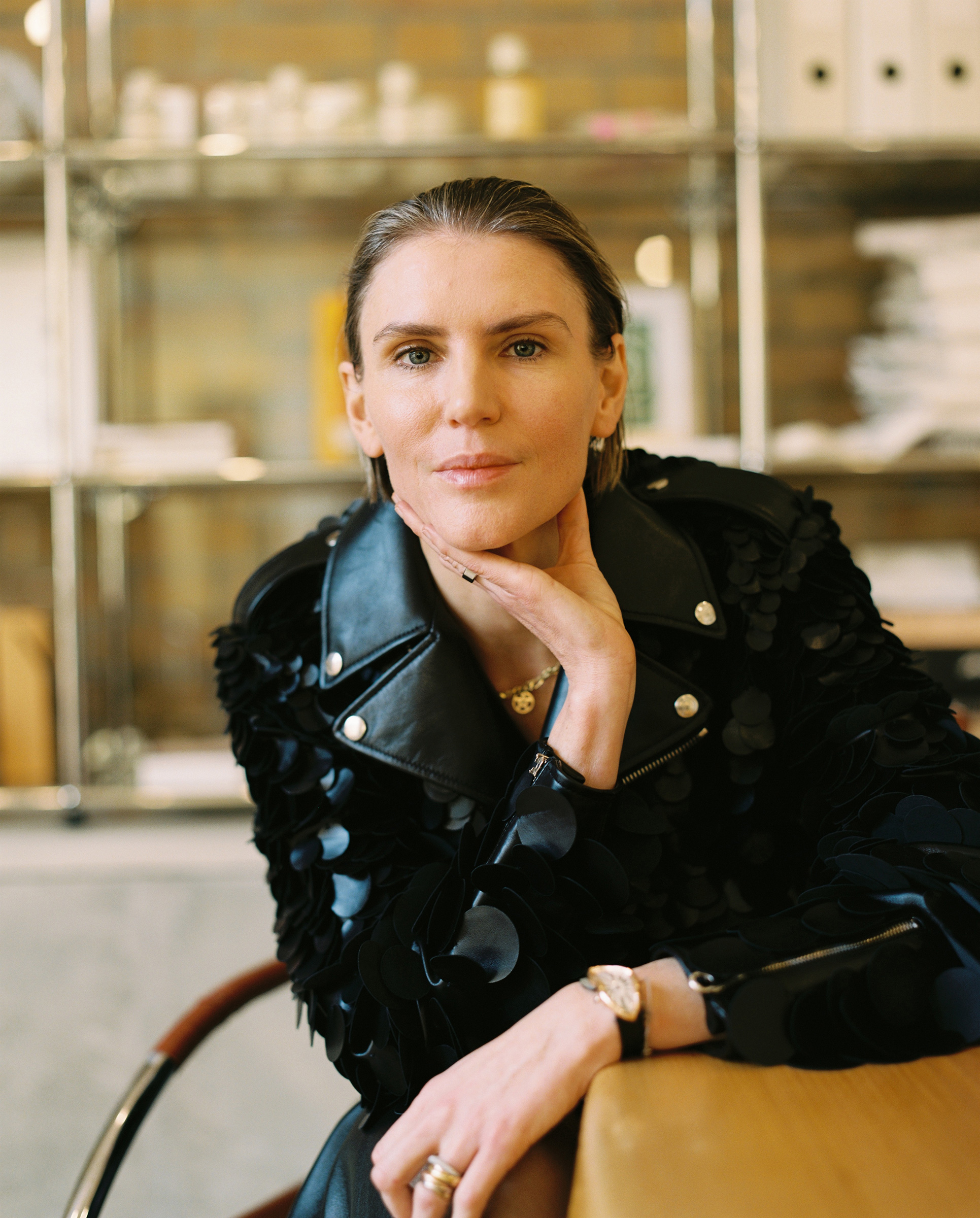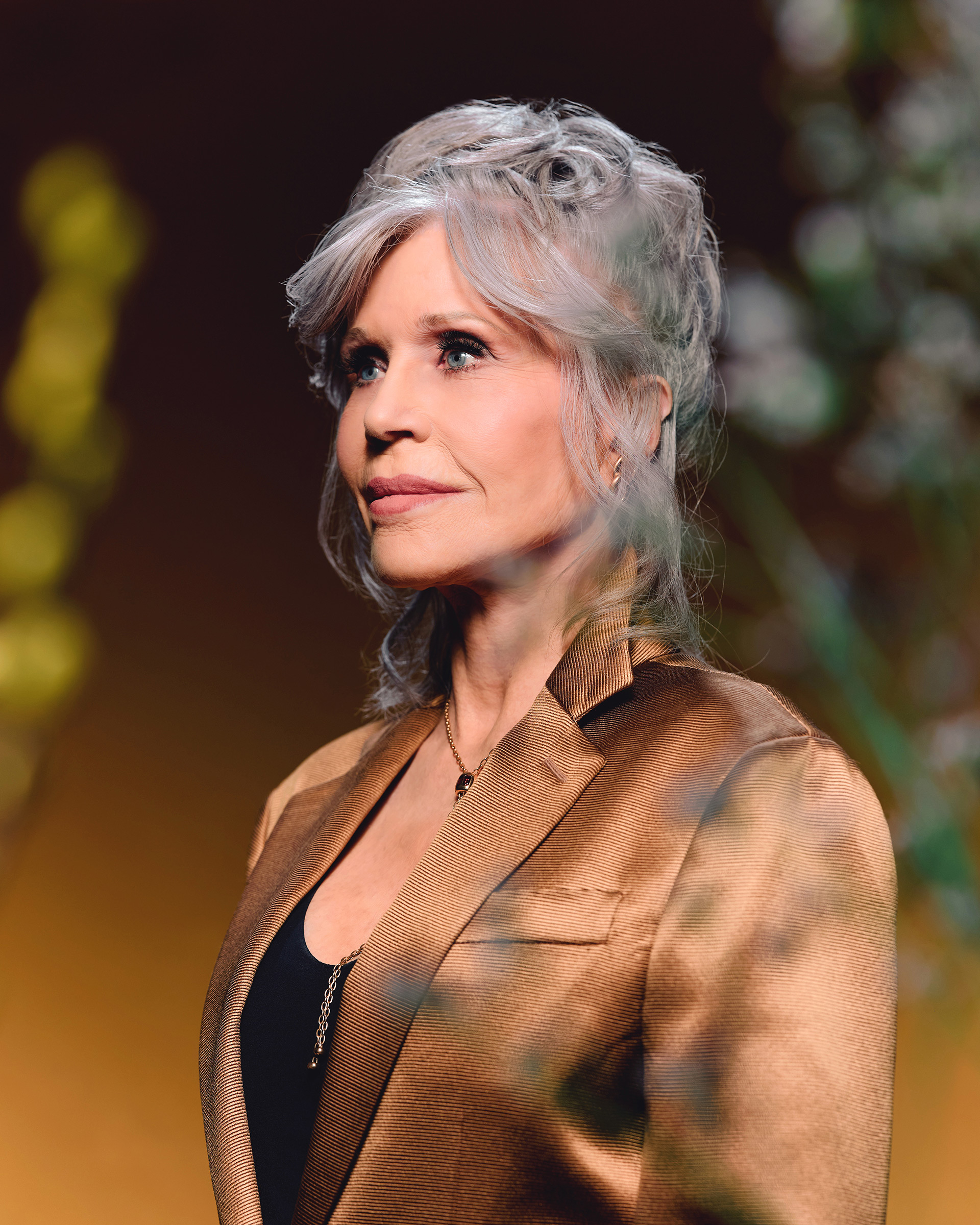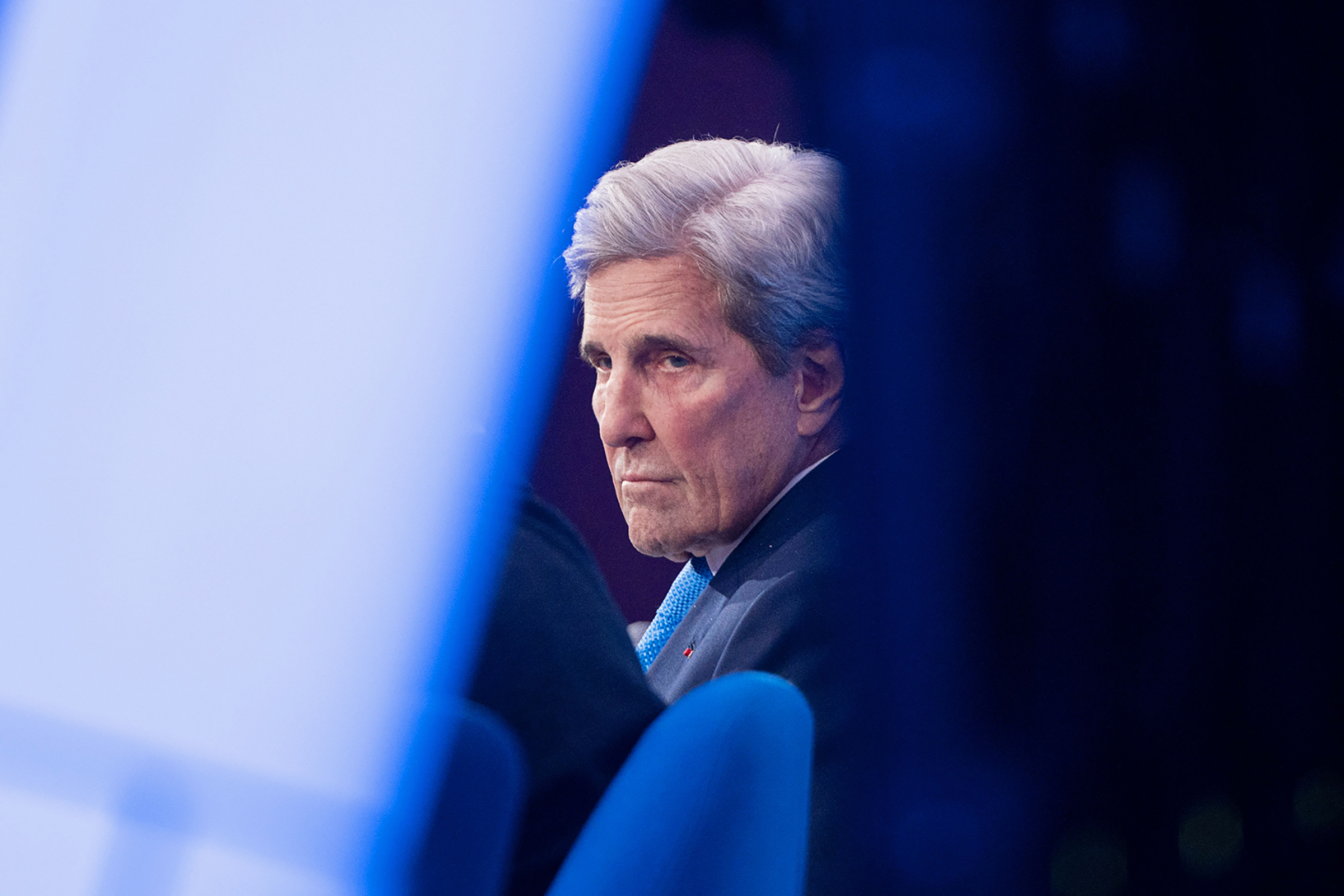I am a proud boomer and Vietnam-era Marine Corps veteran. I am also an environmental-justice fighter. When I began this work in 1979, environmental justice was a footnote. Through our efforts, it is now a headline. But these days, millennials, Generation X, Generation Y, and Generation Z combined far outnumber my generation. So we must equip future generations with the tools and resources to take our plight across the finish line to build climate-resilient communities. Environmental justice embraces the principle that all communities are entitled to equal protection and equal enforcement, along with access to housing, transportation, food security, water, health, and clean energy. Everyone deserves to live in pollution-free neighborhoods where kids can play outside and on playgrounds that chemical plants and landfills do not surround.
It is heartening to see so many young people and students working on these critical issues without the wedges that would have previously driven us apart. Environmentalism is now seen across disciplines through this intergenerational movement. Anyone can be a part of it, and everyone’s skills are needed. One does not need to be an expert to join. Mentors, centers, and networks always look for young minds, volunteers, and innovators from all academic areas, from public health to graphic design. Reducing environmental, health, economic, and racial disparities remains a priority of the environmental-justice movement. We must continue this work with the next generations, with science, with data, and with people who understand we do not need false solutions. By gathering community-level air-monitoring data, for example, local advocacy groups petitioned the Texas commission on environmental quality for regular pollution-monitoring. But having data, science, and facts is not enough. We must marry this information with action to make transformative and lasting change. And to solve many environmental problems, we must also solve inequality issues. Avoiding, for example, placing industrial facilities in low-wealth communities of color in the first place.
Read More: These Black Icons Have a Novel Idea to Save the Ocean
More important, we cannot continue without “righteous investments” that support the communities most in need. This includes the Justice40 Initiative, which in 2021 formalized President Biden’s commitment to make environmental justice a part of tackling climate change. It directs federal agencies to work with states and local communities to deliver on the Administration’s promise that at least 40% of the overall benefits from federal climate and clean-energy investments go to disadvantaged communities.
Many progressive social movements that have been successful in the U.S. had young people and students pushing hard at the front. This includes the civil rights movement, peace and justice, women’s rights, anti-war movements, and now environmental justice. We are powerful and unstoppable when we work together. The quest for environmental justice is an ongoing “marathon relay.” You run your 26.2 miles, and then the next generation begin their leg of the race. I am driven by, and I am happy to be able to pass the baton to, the up-and-coming generations of environmental-justice advocates who will continue with the same resilience that so many involved in the journey have already shown.
In this next era, my hope is for policy and action to be swift. Climate change does not have 40 more years to wait. Young people, you are valued. I want to see you in rooms involved in the global discussions of change and policy with the opportunity to share the stories of the environmental and climate impacts on our communities. Let us continue to work together and learn from each other so that money can follow need and not power.
Bullard is a distinguished professor of urban planning and environmental policy at Texas Southern University, and the director of the Bullard Center for Environmental and Climate Justice at TSU.
More Must-Reads From TIME
- The 100 Most Influential People of 2024
- Coco Gauff Is Playing for Herself Now
- Scenes From Pro-Palestinian Encampments Across U.S. Universities
- 6 Compliments That Land Every Time
- If You're Dating Right Now , You're Brave: Column
- The AI That Could Heal a Divided Internet
- Fallout Is a Brilliant Model for the Future of Video Game Adaptations
- Want Weekly Recs on What to Watch, Read, and More? Sign Up for Worth Your Time
Contact us at letters@time.com




